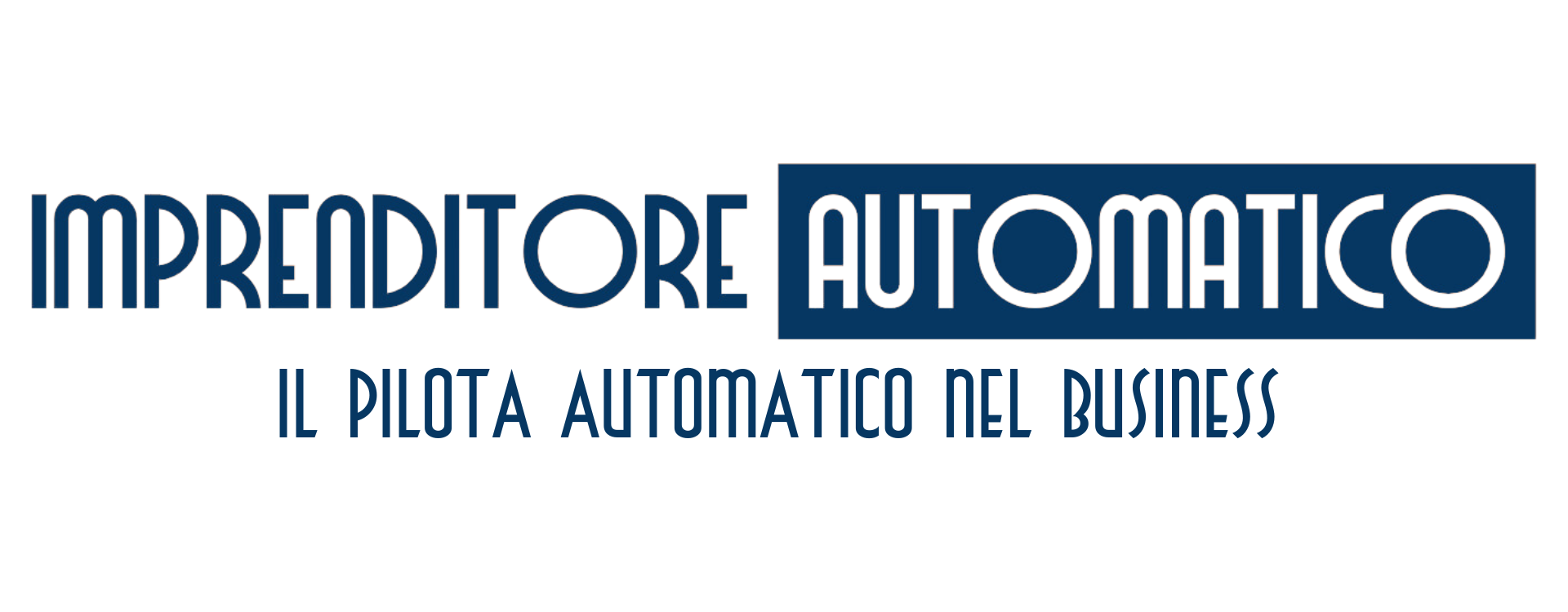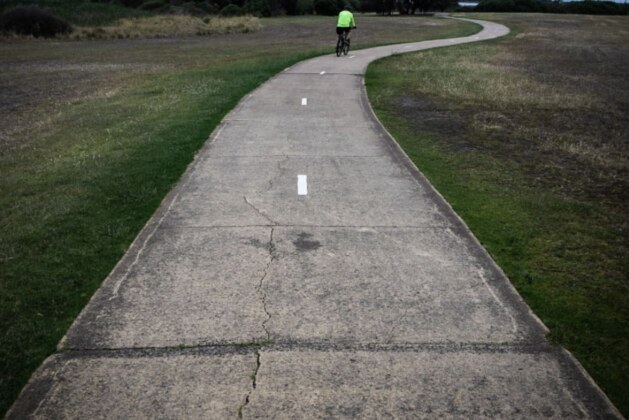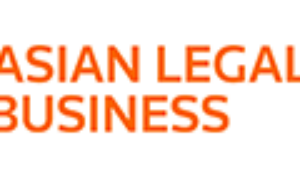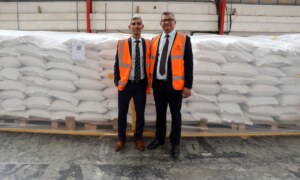The infinite runway and how to increase your chance of building a successful company. Why You Should Take a Long-Term View in Building Business.
Anything meaningful takes a long time to build. Although it runs counter to our culture of immediacy and instant gratification, it is impossible to create something worthwhile without investing enough time.
Doing something long enough affords you many advantages. You achieve relative mastery—the 10,000-hour rule. If you are learning a skill, you get good at it. If you are building a business, you develop an understanding of your product and the market.
Working for a long period of time builds reputation and brand equity. When you are working on something for a long time it goes without saying that you are serious about it. You have found a way to keep going regardless of the challenges. Although most people can’t do it in our culture, we all crave it. We intrinsically understand the value of the long-term. It communicates a certain kind of energy.
That’s why longevity fascinates us. We study blue zones where people live longer than in other places. Build Long Now foundation. Invest in building a 10,000-year clock. Longevity naturally has many advantages in the very human sense of the word. Living longer means you simply can do more and experience more.
This longevity equals success also applies to startups. Y Combinator founder Paul Graham wrote something along the line for startups: if you don’t die, you get rich.
In the startup world, runway is a critical concept. It generally means the amount of time a business can remain solvent without raising any additional funds. Your most surefire path to success is your ability to continue operating. It means you need to find a way to get to an infinite runway.
Startups are defined as experimental organizations that are looking for a product-market fit. It can happen that you don’t find a market for your product right out of the gate. If you don’t have any cash runway, you will have to close your shop and go home in that case. But if you can figure out a path to keep going, you can wait for the market to mature. Again the importance of longevity.
So as a founder, you should always optimize your company for longevity. If you can survive one more day, it increases your chance of success proportionately.
Housekeeping
Infinite runway is rarely about money alone. It is more than money. Sometimes even if you have enough cash to keep going, you will not continue doing certain things. So the first condition is doing something that you enjoy. Something that you love and find meaningful. Man is a meaning-making animal. When you see something as worth doing, you will figure out ways to keep doing it.
The second condition is that you are solving a difficult enough problem. Solving a difficult problem has many upsides. Man needs challenges to stay motivated. Without challenge, man finds himself plagued with many maladies. The rise of varieties of mental illnesses we see today is a direct result of a lack of difficult enough pursuits in our life. When we are faced with insurmountable challenges, it inspires us. We stop fiddling with small things.
Moreover, when you are solving a difficult problem it is easier to attract a team, support, and like-minded people. Difficult goals make good stories. People are motivated by difficult challenges and want to be part of something larger than themselves. It will help you attract teammates, fans, and supporters.
These are some of the inner conditions for getting to an infinite runway. You need to choose a big problem, you have to enjoy the work you are doing, and it needs to be a worthwhile endeavor. Once these conditions are met, we are now faced with more practical ones such as how do you fund your initiative.
External investment is a good option. Being able to raise money can change the trajectory of your company. But it often is not easy and depends on a lot of things. In many instances, complete reliance on external investment can be fatal. To that end, finding means to self-sustainability even in a frugal manner can put you in a very advantageous position.
Practicalities
There are many ways to lengthen your runway once you are committed to doing so. One approach is of course finding a path to making money so that you can survive. Paul Graham calls this ramen profitability. Simply put, Graham defines ramen profitability as where a startup earns enough money to support its basic necessity—founders can survive eating ramen noodles. It is an important concept and has influenced a lot of people in the startup world. Graham explained it beautifully in this 2009 essay. It has since gone mainstream.
Startups operate in a bi-modal world where you either die or get rich. To that end, getting rich is only possible when you live long enough. Startups fail for many reasons. But one of the common reasons is you run out of money. Your runway closes.
One of the upsides of getting to ramen profitable, Graham asserts, is that you are no longer in a risky position where you have to rely on investors’ money to survive. Since you can fund your survival from the revenue you earn, your runway is practically infinite. You can keep on going and build your company. This is more so for Bangladeshi founders, where raising money is still an uphill battle even for the best of the companies.
“Ramen profitable means a startup makes just enough to pay the founders’ living expenses. This is a different form of profitability than startups have traditionally aimed for. Traditional profitability means a big bet is finally paying off, whereas the main importance of ramen profitability is that it buys you time.”
The key point here is: “buys you time.” As we already discussed, longevity is important for startups for various reasons.
Several years ago Idealab conducted a study on the common causes of startup failure. They found that one common denominator that kills startups far more than anything else is wrong timing. You are either ahead of time or behind time or something fundamental changes in the market taking away your competitive advantage.
This is fascinating because a lot of common causes for startup failure such as lack of product-market fit, running out of money, and so on have a correlation with the timing. Unless you have arrived in the market at the right time, you naturally don’t have a product-market fit and you should die eventually as people don’t buy your product. One path to escaping death in this context is having a runway to continue until enough market awareness is there and you have a business or to pivot to a market where there is a ready demand.
Timing problems can be solved in different ways. If you are ahead of the market, you can educate the market, build awareness, and reduce the time gap. You can wait for the right time. You can innovate something that has a demand in the market. All of these are only feasible if you survive. That’s why longevity matters for startups. And when you are at least ‘ramen profitable’, you can survive long enough to get to a product-market fit stage.
Having an infinite runway has many benefits. One benefit is that you don’t have to raise money to survive. You don’t have to shut down if you can’t raise funding. Your life and death no longer depend on the investors.
The counterintuitive thing is that if you don’t have to raise money, you can raise money. When you have to raise money to survive, few people will be willing to fund you. Simple Matthew principle. Even if you manage to raise, you will not get good terms. Because investors could see through your precarious situation and negotiate a better deal. And you need the money to survive, so you have to accept whatever terms people offer you.
But when you have an infinite runway you can bargain for good terms and people will be more than happy to fund you. Graham explains this obvious advantage of ramen profitability:
“The most obvious advantage of not needing money is that you can get better terms. If investors know you need money, they’ll sometimes take advantage of you. Some may even deliberately stall because they know that as you run out of money you’ll become increasingly pliable.”
Graham then provides even more important reasons for going for a ramen-profitable state:
“But there are also three less obvious advantages of ramen profitability. One is that it makes you more attractive to investors. If you’re already profitable, on however small a scale, it shows that (a) you can get at least someone to pay you, (b) you’re serious about building things people want, and (c) you’re disciplined enough to keep expenses low.
This is reassuring to investors, because you’ve addressed three of their biggest worries. It’s common for them to fund companies that have smart founders and a big market, and yet still fail. When these companies fail, it’s usually because (a) people wouldn’t pay for what they made, e.g. because it was too hard to sell to them, or the market wasn’t ready yet, (b) the founders solved the wrong problem, instead of paying attention to what users needed, or (c) the company spent too much and burned through their funding before they started to make money. If you’re ramen profitable, you’re already avoiding these mistakes.”
Finally, Graham says earning money provides an unparalleled psychological advantage:
“Another advantage of ramen profitability is that it’s good for morale. A company tends to feel rather theoretical when you first start it. It’s legally a company, but you feel like you’re lying when you call it one. When people start to pay you significant amounts, the company starts to feel real. And your own living expenses are the milestone you feel most, because at that point the future flips state. Now survival is the default, instead of dying.”
Hard
Despite the obvious benefits of longevity, optimizing for longevity can appear challenging and sometimes a less attractive option. We are generally more hyped by ambitious ideas such as startup = growth. It appears growing at any cost while finding a path to raising yet another round of funding is much easier than anything else. But it is not true.
Making your survival dependent on external funding can be risky. It invariably creates challenges for startups. It is a default dead position.
This is more true now as the world goes through a fraught economic and political environment. The opposite, as we have discussed, is a more reliable option. When you generate enough revenue to carry yourself, you are default-alive. Find ways to earn money, reduce costs, and optimize your operation. Simply aim for living longer. Optimize yourself for longevity.
Originally published on July 6, 2020. Updated on 20 January 2024




Leave a comment